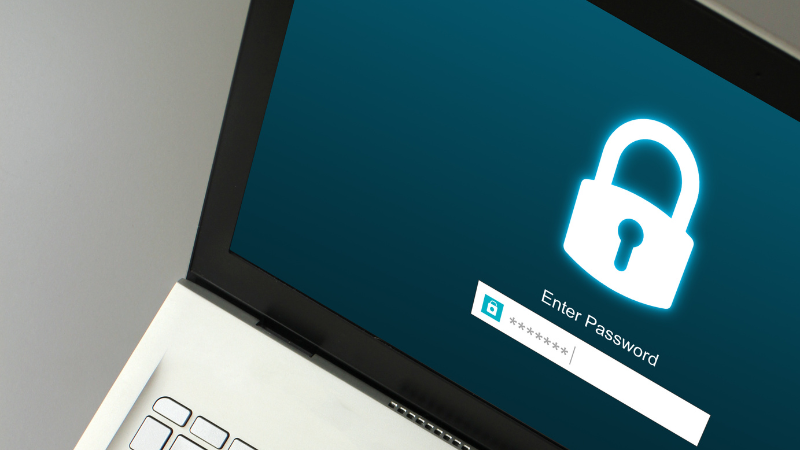Smart Strategies for Strong Passwords You’ll Remember
Passwords are one of the most important layers of protection in the digital world, and they are often the first line of defense against cyber threats. Strong passwords make it significantly harder for hackers to gain entry through common tactics. Weak or reused passwords, on the other hand, leave you vulnerable to data breaches.

Cybercriminals often rely on tactics like brute-force attacks, where they try millions of password combinations in seconds. Simple passwords like 123456 or password are cracked almost instantly. Even slightly more complex but predictable ones (like Summer2025!) aren’t much safer. Unique passwords make it significantly harder for attackers to break into your accounts—protecting your identity, finances, and sensitive data.
But let’s face it—creating a strong password is one thing, remembering it is another. The good news? You don’t have to go crazy trying to keep track of endless logins. With the right strategies, you can create strong, memorable passwords that boost your security without overcomplicating your life.
Strategies for Creating Strong Passwords You’ll Remember
1. Use Passphrases Instead of Passwords
Think of a password as a short code and a passphrase as a sentence. For example, TacosOnTuesdayAreTheBest! is much harder to crack than a random eight-character password—and easier to remember. Use phrases meaningful to you but unrelated to your public life (don’t use song lyrics or famous quotes that are easy to guess).
2. Mix It Up With Variations
Add numbers, symbols, or intentional misspellings within your passphrase. For example, T@c0sOnTu3sday!Rock strengthens the password while keeping it memorable.
3. Try the “First-Letter” Method
Take a sentence you’ll never forget and use the first letter of each word. For example, “My dog loves belly rubs after dinner every night!” becomes MdLbr@den!. This creates a unique password that’s personal but still strong.
4. Make It Unique for Each Account
Reusing passwords is one of the biggest risks. If one account gets hacked, attackers often try the same password on others. Consider adding a simple modifier based on the site. For instance: T@c0sOnTu3sday!FB for Facebook and T@c0sOnTu3sday!BNK for banking.
5. Use a Password Manager
Even with the best memory tricks, the sheer number of accounts most people have is overwhelming. A trusted password manager can securely store and autofill your logins, while you only need to remember one master password (but make it strong).
Better Safe Than Sorry
Strong passwords don’t have to be stressful or impossible to recall. By using passphrases, simple personalization techniques, and tools like password managers, you can protect your digital life while keeping things manageable. Remember, cybersecurity isn’t about making your life harder—it’s about making hackers’ lives harder and your data safer.
Let’s talk. 843.236.6436.
Ready for IT that WORKS for your business?

Schedule a 15-minute meeting with our team.
- Managed IT Services
- Business Phone Systems
- Managed Print
- Cybersecurity
- Cloud Services
- Data Cabling
